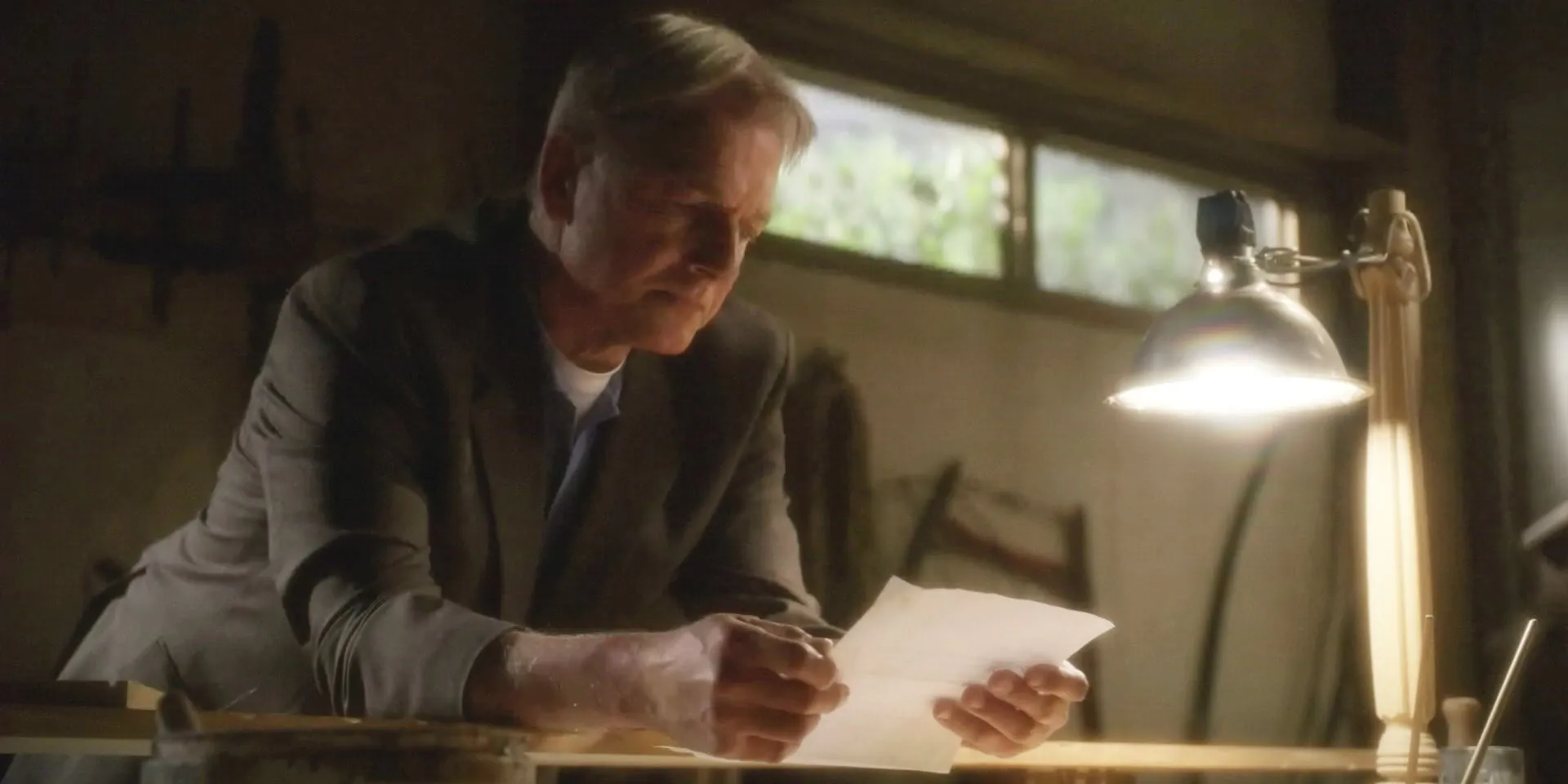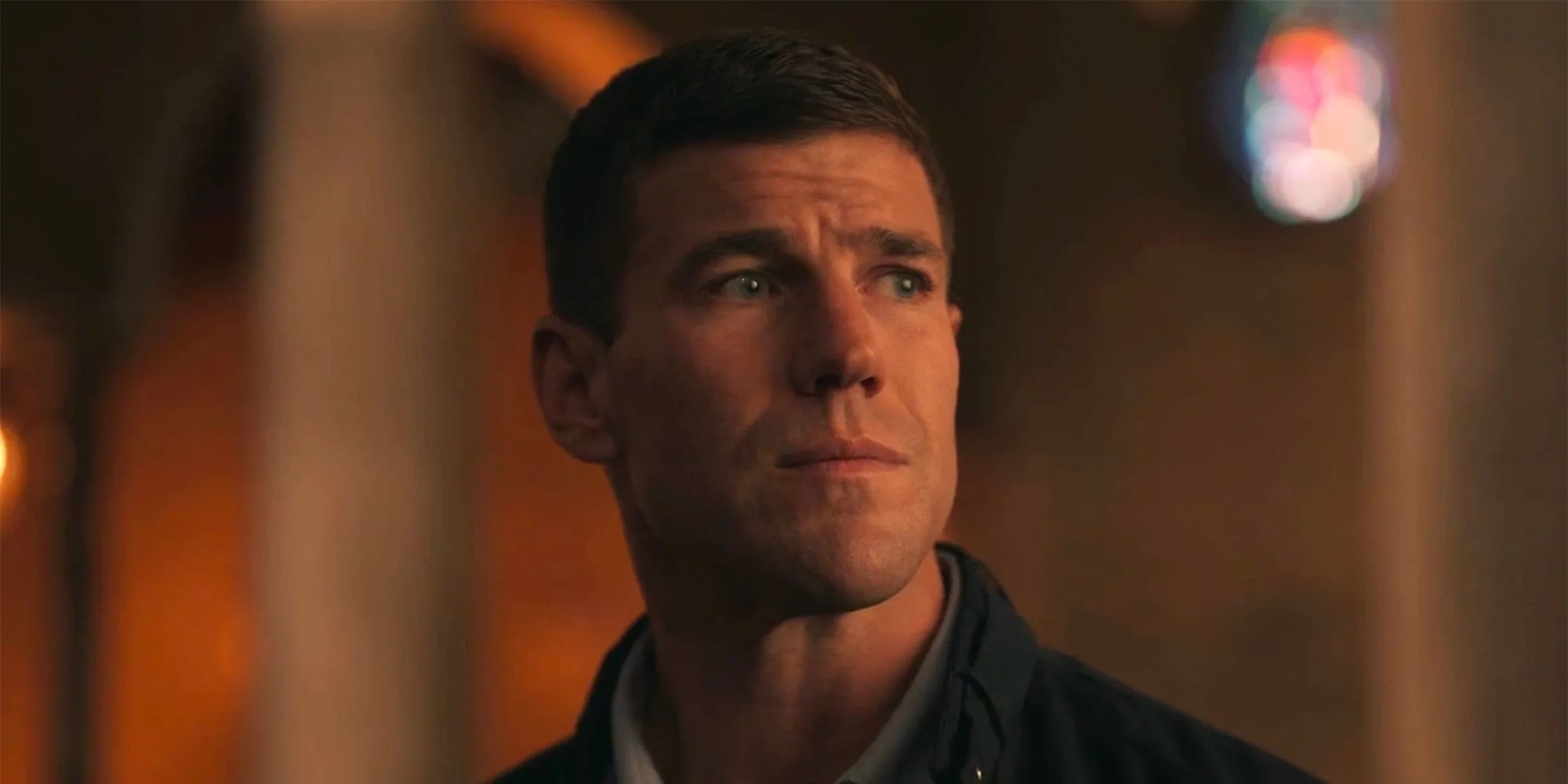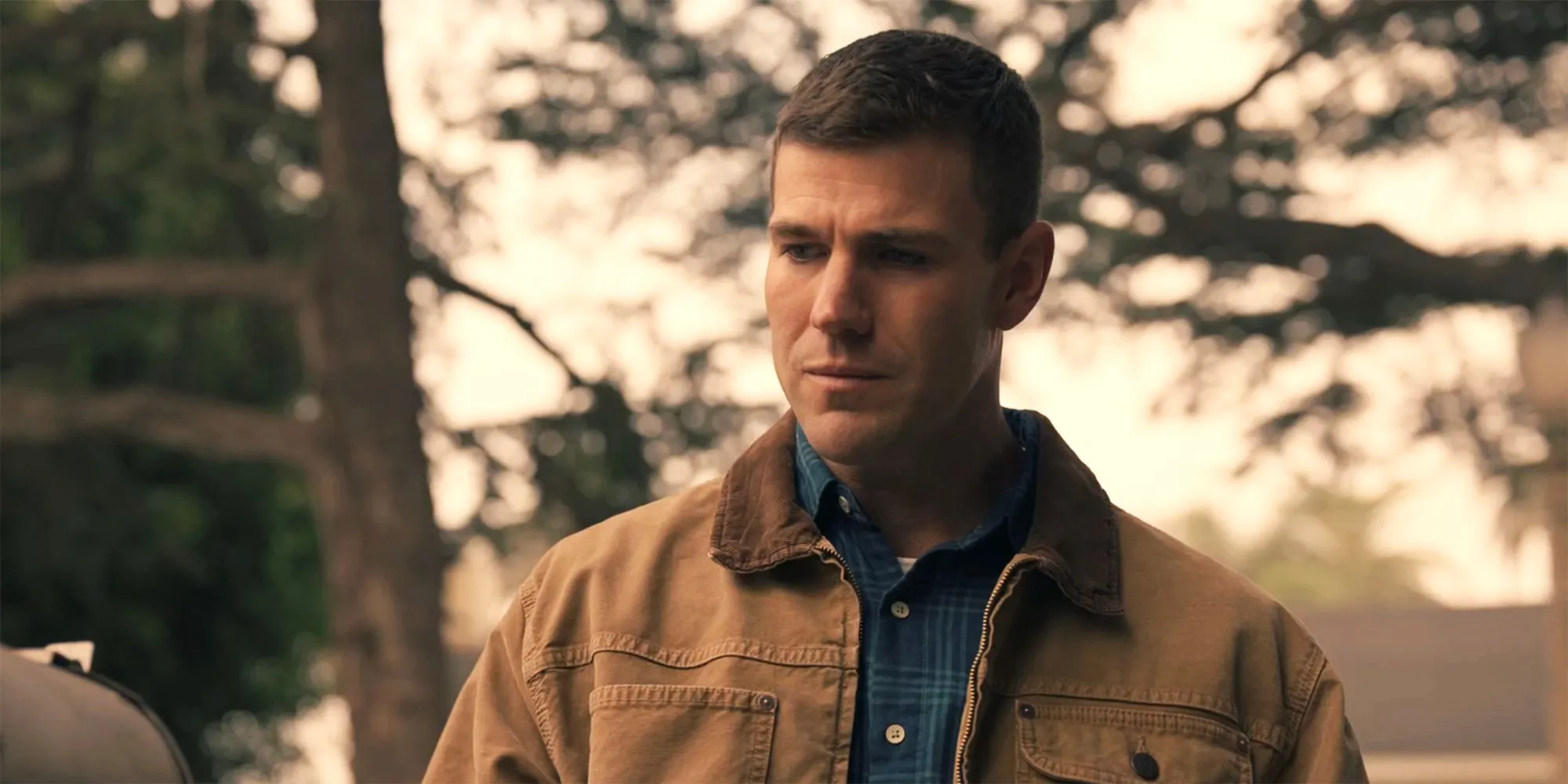Warning: Spoilers for NCIS: Origins Season 1, Episode 15
Resolving the Mystery: NCIS: Origins Sheds Light on Gibbs’ Character Development
NCIS: Origins continues to weave in and out of established NCIS lore, addressing significant aspects of Mark Harmon’s iconic character, Gibbs. This latest installment has focused particularly on unraveling one of the most pressing mysteries surrounding the emotional evolution of Gibbs, set against the backdrop of the early 1990s.
As portrayed by Austin Stowell, the younger Gibbs is presented as a stark contrast to his older counterpart. This version of Gibbs exhibits a greater emotional vulnerability, especially in interactions with his mentor, Mike Franks. His participation in a veterans’ support group signifies a pivotal moment, marking a notable divergence from the stoic persona established in the flagship series. This divergence, although intriguing, has been a source of contention among viewers, creating significant plot inconsistencies.
Emotional Vulnerability: Young Gibbs vs. Old Gibbs
The Stark Contrast in Characterization

In episodes of NCIS: Origins, younger Gibbs exhibits a vulnerability previously unseen, particularly in his interactions with Franks. The pivotal moment comes when he finally decides to attend a veterans’ support group after much contemplation. Episode 13, titled “Monsoon,”showcases Gibbs meeting fellow veterans in a supportive environment, symbolizing a significant step in his emotional journey. This portrayal, however, stands in sharp contrast to the emotionally guarded Gibbs viewers know from NCIS.
Mark Harmon’s version of Gibbs is characterized by his stoicism and reluctance to discuss his personal struggles. It wasn’t until later seasons that he began to open up about the tragic loss of his family, making the earlier Gibbs’ willingness to engage in a support group perplexing.
Unraveling the Support Group’s Impact
Gibbs Faces Challenges in Sharing His Struggles


In Episode 15, titled “From The Ashes,”the series confirms that the veterans’ support group is ineffective for Gibbs. When asked to share his story during a session, Gibbs finds himself unable to articulate his experiences, leading him to leave the group shortly thereafter. Although he has engaged with his peers, his reluctance to reciprocate by sharing his challenges inhibits his healing process.
The episode emphasizes that only Mike Franks truly understands and supports Gibbs, leaving him isolated from the other veterans. While Franks has been a mentor after the tragic murder of Gibbs’ family, none of the other characters in NCIS come close to fostering such a deep, trusting relationship.
Emotional Isolation: The Inability to Process Grief
The Limitations of Gibbs’ Character Development

Through NCIS, it becomes evident that Gibbs never truly learns to process his grief; instead, he immerses himself in work to avoid facing his emotional turmoil. Although Franks provides vital support in NCIS: Origins by helping Gibbs navigate the immediate aftermath of his loss, he ultimately stands alone. This lack of emotional support isolates Gibbs further, impacting both his professional and romantic relationships.
Throughout NCIS, Gibbs’ romantic pursuits are often short-lived, further illustrating his emotional struggles. His past losses cast long shadows over his ability to form lasting connections, as his unresolved grief acts as a barrier. The portrayal of Gibbs in NCIS: Origins reinforces this narrative—had he learned to open up emotionally, his journey could have unfolded differently, but this conflict remains consistent with his well-established character arc.
If you’re passionate about NCIS and want to stay updated, don’t miss out on our primetime coverage. Sign up for our weekly Network TV newsletter for exclusive insights from your favorite series.
SIGN UP NOW!


